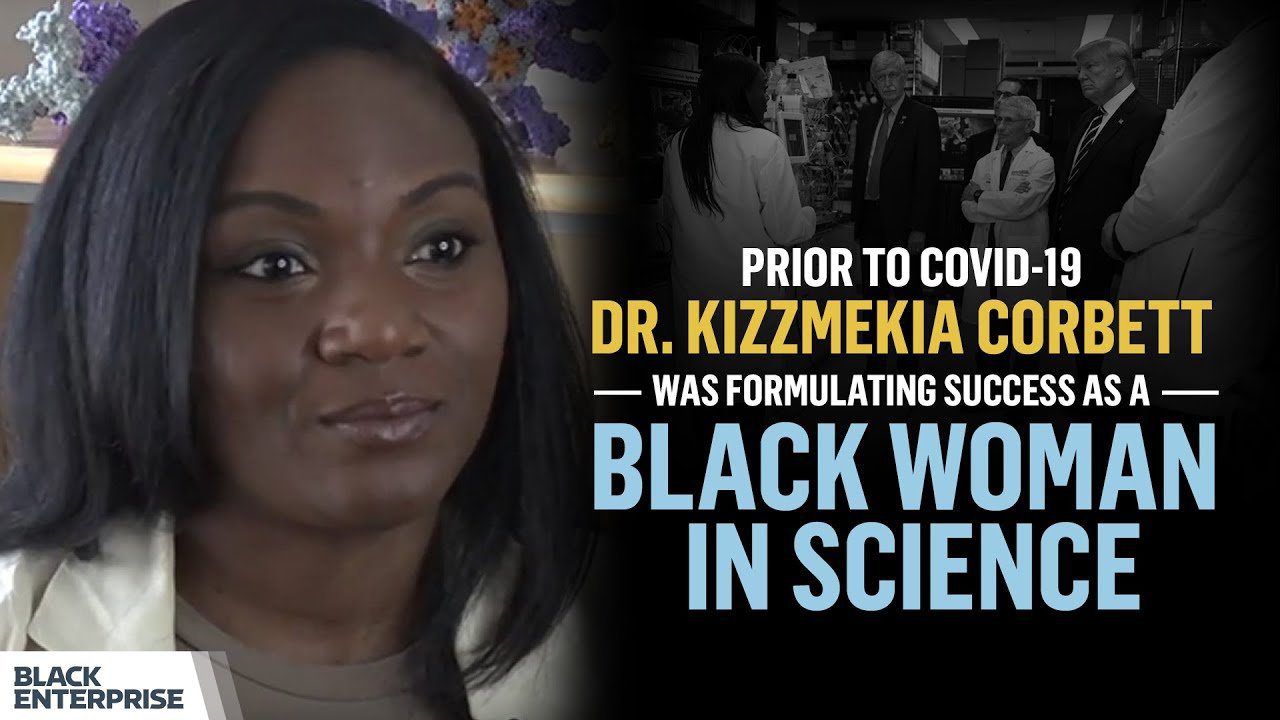
Diversity in Biotech, Industry’s Next Big Challenge
Percy Levon Julian. You’ve probably never heard of him, or if you have, you might not know much about him.
Julian was an African-American pioneer in the life sciences. He was a Harvard graduate and only the third African-American ever to earn his PhD in chemistry. He went on to make critical discoveries in chemical synthesis, eventually becoming an internationally renowned scientist and leading researcher in the chemical synthesis of medicinal products from plants. He also performed pioneering research on steroids; Julian held approximately 130 chemical patents in his career.
In 1954, he founded one of the first African-American owned and led life science companies, Julian Laboratories, which he sold in 1961, making him one of the first black millionaires in the U.S. He later founded a non-profit, the Julian Research Institute, which he ran until his death from cancer in 1975. In 1973, just a few years before his death, Julian became only the second African-American ever inducted into the American Academy of Sciences.
Percy Levon Julian’s story is truly remarkable.
He was the grandson of slaves; he was banned from attending high school in Alabama yet he still went on to attend Harvard. While at Harvard, the school administrators feared backlash from white students being taught by a black man, so the university revoked his teaching assistantship, ending his ability to earn his PhD.
Even after great success in academia and industry, Julian and his family faced racism. When he and his family attempted to move into the prestigious Oak Park neighborhood of Chicago, arsonists tried to burn his house down. Later, a stick of dynamite was thrown through a window of the Julian family home. And these examples are just a few of the obstacles he overcame throughout his life.
Julian’s achievements and perseverance are part of a rich lineage of African-American achievement in the sciences and mathematics that hasn’t received the attention it deserves.
One can draw a direct line from these African-American life science pioneers to a host of emerging African-American life science leaders and businesses right here in the Mid-Atlantic region.
A more recent achievement is that of a 34-year-old black doctor named Dr. Kizzmekia Corbett, a senior research fellow and scientific lead for the coronavirus vaccines and immunopathogenesis team in the Viral Pathogenesis Laboratory at the National Institutes of Health (NIH). Dr. Corbett has played a key role in the development of Moderna’s COVID-19 vaccine that is now being administered across the U.S. and around the world. She is a graduate of the University of Maryland, Baltimore County (UMBC) where she was a Meyerhoff Scholar, which is a program that helps to develop minorities and women in science through mentorship and curriculum.
Upon graduating with a PhD in microbiology and immunology, Dr. Corbett joined the NIH’s Vaccine Research Centre in 2014 as a postdoctoral fellow. It was her ability to apply the knowledge that she and her colleagues had gained in the last six years that enabled them to respond quickly to the COVID-19 virus and rapidly develop the vaccine in collaboration with Moderna.
According to Dr. Freeman Hrabowski, President at UMBC, “She was definitely going to make it in life,” Hrabowski said. “We need more scientists who can connect to people. She could do that when she was 17, easily… What we do at UMBC is to support students of color, Black, but also students in general, to make sure they make it in science.”
Each year, 18% of students graduate with a STEM degree, and only 2% are black. This is something that has to change if we are going to foster a more diverse biotech workforce.
In addition, a 2017 study by the trade journal Nature Biotechnology found that only 3% of executive biotech leadership roles are held by African-Americans and 4% by Latinos/Hispanics, despite representing 13% and 18% of the population respectively. What’s more, despite women comprising 50% of entry-level roles in biotech, a 2018 survey found only 20% of women hold leadership positions, and a mere 10% serve in board roles (Source: WBUR, NPR Boston).
Increasing diversity and opportunity for underrepresented groups, including economically disadvantaged people, is one of the great challenges facing biotech and Big Pharma this decade.
An important leader in the push to bring greater diversity to the biopharma industry is Dr. Michelle McMurry-Heath, the President and CEO of the Biotechnology Innovation Organization (BIO). BIO is the world’s largest biotechnology organization, providing advocacy, business development, and communications services for more than 1,200 members worldwide. BIO’s mission is to be the champion of biotechnology and the advocate for its member organizations—both large and small.
McMurry-Heath became only the third chief executive in the organization’s history and the first African-American woman to hold the post when she took the helm in 2020.
In December 2020, after NASDAQ filed a request with the SEC to make board diversity mandatory for companies listed on the index, McMurry-Heath, a long time advocate for greater diversity in biotech and for greater healthcare access for underserved communities, stated, “The Actions taken by NASDAQ are bold, long overdue and will serve as inspiration for Boardrooms across the nation. The biotech industry has been, and remains committed to promoting inclusivity, by accelerating gender, racial, ethnic and LGBTQ representation.
In fact, many of our companies already exceed some of these requirements while we understand more work needs to be done. The goal of inclusion does more than just ‘level the playing field’ it makes good business sense and helps organizations grow and prosper. BIO is very supportive of NASDAQ’s proposal and looks forward to assisting with the implementation of this initiative in our sector.”
According to the BIO website, “The common thread in McMurry-Heath’s work across academia, government and industry has been her focus on broadening access to scientific progress so more patients from diverse backgrounds can benefit from cutting-edge innovation.”
Prior to becoming BIO’s President and CEO, McMurry-Heath was Vice President, External Innovation, Regulatory Science, and Executive Director of Scientific Partnerships at JLABS@DC; she was also a member of the Barack Obama Science Transition Team and was appointed to a leadership role within the U.S. Food and Drug Administration’s (FDA) Center for Devices and Radiological Health from 2010 to 2014. McMurry-Heath holds her BA in biochemistry and molecular biology from Harvard University and earned her MD from Duke University.
In honor of Black History Month and all of the african-american scientists, entrepreneurs, innovators, and leaders like Dr. Julian, Dr. Corbett, Dr. McMurry-Heath and others, it is time to raise the priority for diversity in this industry and collectively strive to create a system where more African-Americans can make an impact on the field of science and biotechnology.
Stay tuned for continued coverage from BioBuzz on diversity in biotech.
- About the Author
- Latest Posts
Steve brings nearly twenty years of experience in marketing and content creation to the WorkForce Genetics team. He loves writing engaging content and working with partners, companies, and individuals to share their unique stories and showcase their work. Steve holds a BA in English from Providence College and an MA in American Literature from Montclair State University. He lives in Frederick, Maryland with his wife, two sons, and the family dog.





